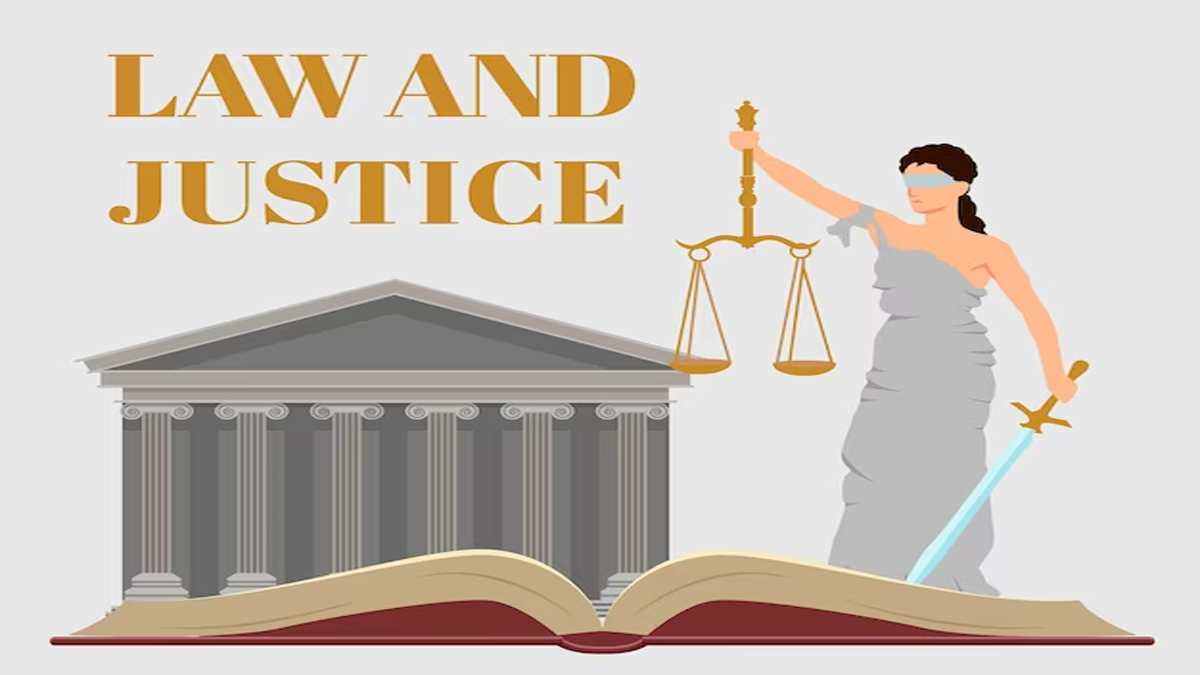The Naz Foundation, an Indian non-governmental organization working on issues related to HIV/AIDS and sexual health, filed a petition in the Delhi High Court in 2001 challenging the constitutional validity of Section 377 of the Indian Penal Code. Section 377 was a colonial-era law that criminalized “unnatural offenses,” which had been interpreted to criminalize homosexuality.
After years of legal proceedings, on July 2, 2009, the Delhi High Court delivered a historic judgment in favor of the Naz Foundation, decriminalizing consensual same-sex relations between adults. The court ruled that Section 377 was discriminatory and violated the fundamental rights of Indian citizens. The judgment held that it violated the rights to equality, dignity, and privacy under the Indian Constitution.
This was a significant milestone in the fight for LGBTQ+ rights in India. The decision was celebrated by activists and advocates for LGBTQ+ rights, as it was a step towards recognizing and protecting the rights of the LGBTQ+ community.
However, it’s important to note that the legal battle did not end with this Delhi High Court judgment. The case was subsequently appealed, and the Supreme Court of India re-criminalized homosexuality in 2013. It wasn’t until 2018 that the Supreme Court of India, in a case known as “Navtej Singh Johar v. Union of India,” unanimously struck down Section 377, effectively decriminalizing same-sex relations in India once and for all. This ruling was a significant victory for LGBTQ+ rights in the country.
The Naz Foundation’s legal battle and the subsequent legal developments played a pivotal role in changing the legal landscape for LGBTQ+ individuals in India.
